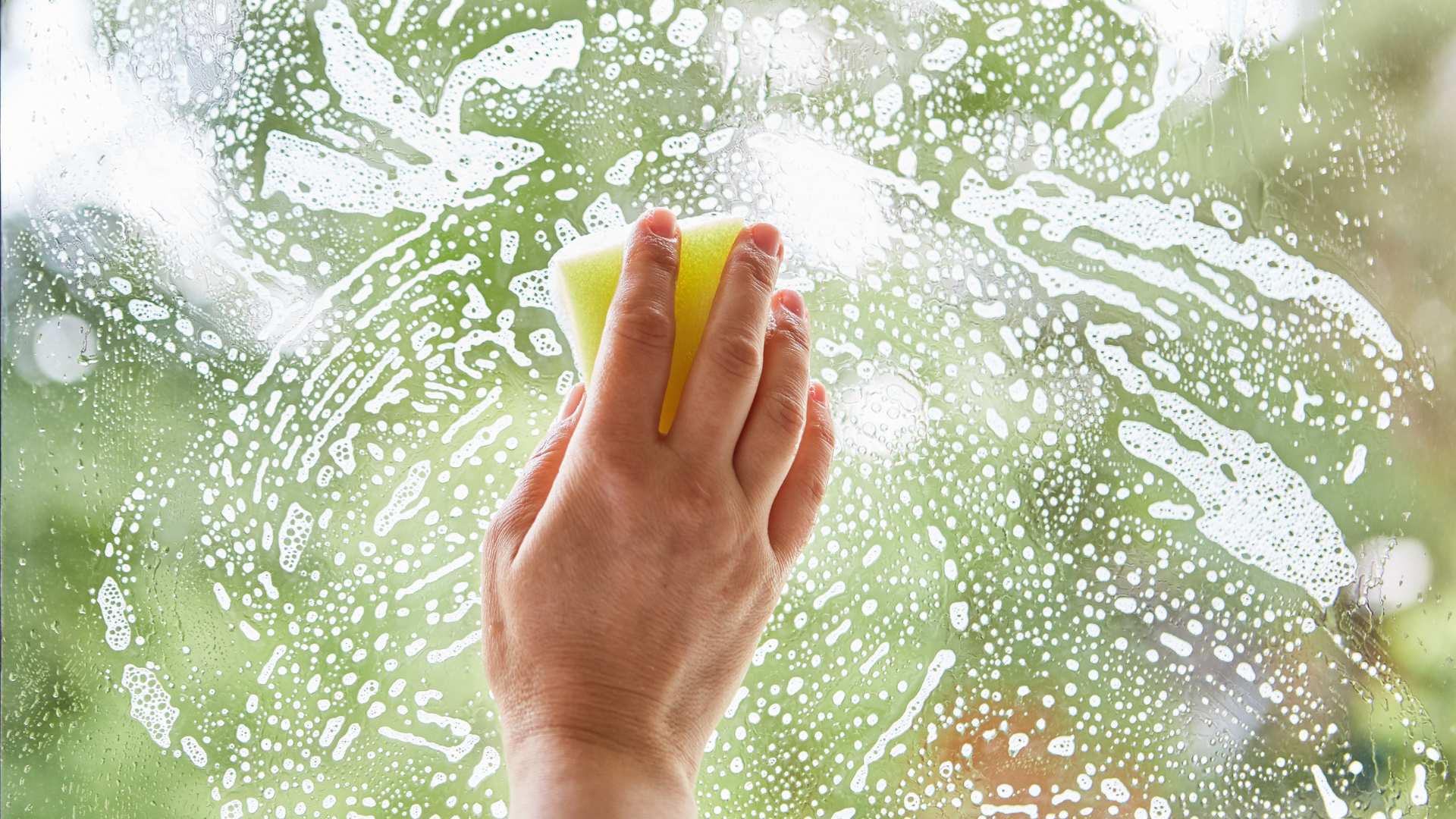Assessing Your Eating Behaviors: How to Self-Screen For Signs of Disordered Eating and Eating Disorders

By Eating Disorder Program Clinical Lead and Therapist Mollie Pierce, MA, LCPC, NCC
DISORDERED EATING BEHAVIORS
Due to the prevalence of diet culture , it’s more common than not for individuals to possess eating patterns that aren’t exactly healthy. The eating disorder treatment community refers to unhealthy eating habits as “disordered eating behaviors.” Disordered eating behaviors are any that prevent you from nourishing your body adequately, consistently, and with a wide variety of foods.
They can include:
- A preoccupation with food, weight, or body image
- Avoiding social situations involving food
- Deriving a sense of self-worth from body shape or size
- Engaging in fasting, purging, or exercise to “counteract” the effects of eating “bad foods”
- Engaging in rigid food rituals or exercise routines
- Experiencing anxiety around certain foods
- Feeling a loss of control when eating
- Feeling guilty or ashamed about eating
- Frequent dieting
- Obsessive calorie counting
- Practicing certain rules around food or eating
Almost everyone possesses some degree of disordered eating behaviors. Sometimes, disordered eating patterns can be remedied by simply gaining more insight into the dangers of diet culture and alternative eating approaches that involve intuition and mindfulness.
EATING DISORDERS
Depending on their severity, disordered eating habits can be extremely dangerous and may lead to or be predictive of an eating disorder. Generally, eating disorders cause severe mental, emotional, or physical distress and drastically limit individuals’ ability to function normally in their school, work, and social spheres.
Types of eating disorders include:
- Anorexia nervosa : Characterized by inadequate caloric intake, intense fear of gaining weight, preoccupation with weight or shape, deriving a sense of self-worth from weight or shape, or persistent lack of recognition of the seriousness of low body weight.
- Bulimia nervosa : Characterized by episodes of bingeing followed by purging, fasting, or exercising excessively.
- Binge eating disorder (BED) : Characterized by episodes of overeating and feeling a loss of control while eating.
- Other Specified Feeding and Eating Disorder (OSFED ): A category that encompasses significant eating disorders that don’t meet the criteria for anorexia nervosa, bulimia nervosa, or BED.
Eating disorders can be deadly. Because eating disorders involve many disordered eating behaviors, only mental or medical health practitioners can determine whether an individual is struggling with an eating disorder. If your eating habits are impeding your daily life, we encourage you to seek clinical support .
15 QUESTIONS TO ASK YOURSELF ABOUT YOUR EATING BEHAVIORS
To gain more insight into your eating behaviors and assess whether there is cause for concern, you can ask yourself the questions below.
- Do you often find yourself thinking about food?
- Do you often find yourself thinking about your body?
- Do you ever avoid social situations because you’re worried about how you look?
- Do you ever avoid social situations because you’re worried about eating in front of other people?
- Do you avoid going to restaurants out of fear of eating “unhealthy” food?
- Do you often compare your body size to other people’s body sizes?
- Do you often compare the amount you’re eating to the amount others are eating?
- Do you experience a sense of guilt or shame after eating?
- Do you avoid specific nutrients, such as carbohydrates, fats, sugars, etc.?
- Are you afraid of gaining weight?
- Do you ever experience a sense of losing control when eating?
- Do you ever eat to the point where you feel physically sick?
- Do you have “food rules” that you follow, such as no eating after 8:00 pm?
- Do you ever make yourself throw up after eating?
- Do you feel compelled to exercise even when you’re sick or injured?
Answering yes to any of the questions may be a sign that you’re struggling with disordered eating habits or potentially an eating disorder.
If you suspect this is the case, there are many resources available to help you establish a healthy, balanced, and confident relationship with food, your body, and your mind. You can always reach out to Thrive for support. Additionally, you can contact the National Eating Disorders Association Helpline .
THRIVE’S EATING DISORDER TREATMENT WORKS TO HEAL YOUR MIND, BODY, AND SPIRIT
Eating disorders are complicated conditions that involve the mind, emotions, body, and behaviors. Through individualized care plans that can include psychiatric and nursing care, intuitive eating counseling, nutrition therapy, and mindful movement, Thrive’s healing community helps foster recovery from eating disorders in a holistic way that encompasses clients’ mental, physical, and emotional health. Contact us to learn more about how Thrive can help you heal your relationship with food and your body and rediscover your inner strength.
About the Author
Mollie Pierce, MA, LCPC, NCC — Eating Disorder Program Clinical Lead and Therapist
After earning a degree in clinical mental health counseling at Gonzaga University and spending nearly a decade in Spokane, Washington, Mollie Pierce returned to her hometown of Reno where she joined Thrive Wellness. Navigating her mental health challenges throughout her teenage years inspired her to dedicate her career to helping others process their pain while nurturing their growth and fostering their healing. She believes mental health is equally as essential as physical health and is committed to providing a safe space for those struggling to feel seen, heard, and supported in ways they may not experience elsewhere.
As a therapist at Thrive Wellness Reno, Mollie specializes in treating those recovering from eating disorders and related mental health conditions. When working with patients, Mollie applies a narrative therapy approach and incorporates modalities such as Acceptance and Commitment Therapy (ACT) and Dialectical Behavior Therapy (DBT) among others. She is especially passionate about supporting and empowering members of the LGBTQ+ community and promoting equality, kindness, and compassion for all.

Start your healing journey today
NEXT STEPS
Are you ready to find hope? We can't wait to connect you with the care you need. To get started with us, please reach out using the link below.

Obsessive Compulsive Disorder

Perinatal
Mental Health
Obsessive Compulsive Disorder
Perinatal
Mental Health
SITE MENU
THRIVE LOCATIONS
Reno, NV 89501
OCD & Anxiety Disorders
Luella Garvey House
Perinatal Mental Health
"It Takes A Village"
Virtual Program
All Rights Reserved | Thrive Wellness | PRIVACY POLICY





